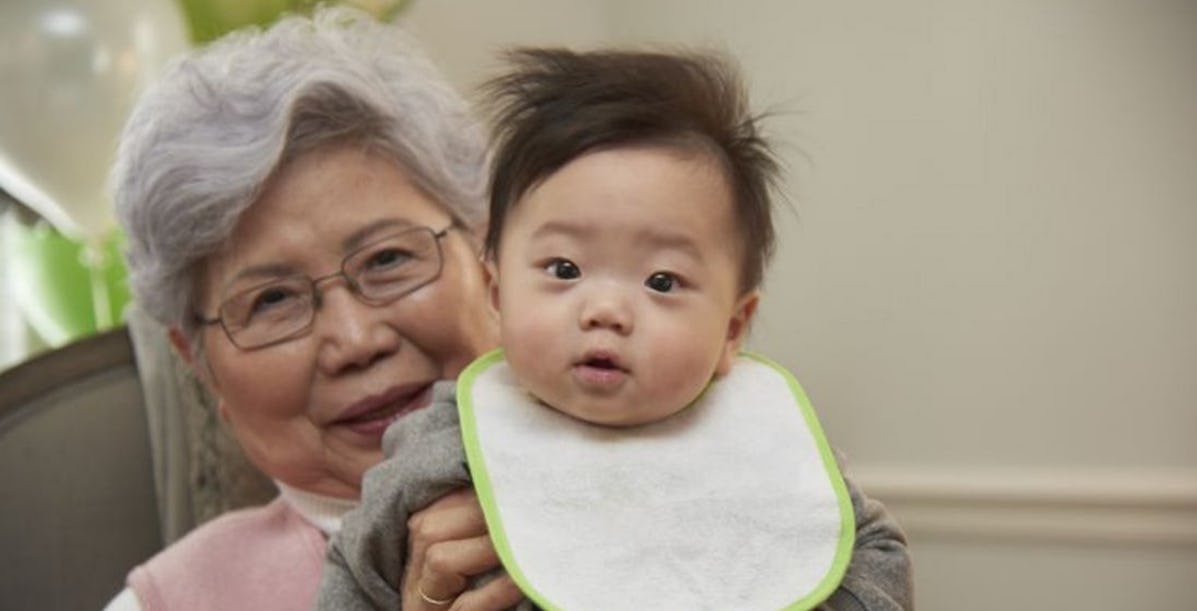There are many things that moms don’t understand when it comes to parenting outside of the US. Each country has its own parenting method which can be unusual those living outside of that country. Parents in China learned the customs of their parents, who learned the customs from their parents, and so on and so forth. Similar to how we pass traditions down in the US, China has its own unique way of raising children.
There has been much speculation over things such as the ‘one child’ rule for each family and the practice of confinement, and these are all things we’d have no experience within the US. However, they’re simply routine in China and the more we learn, the better we can understand another culture. It might not make much sense to us but rest assured, this is just one more way that diversity can offer an interesting world view — especially when we can learn something from it!
The beautiful thing about parenting is that no one way is the ‘right’ way, and while certain traditions might not be our cup of tea, there’s no denying that another culture can be fascinating.
20. IN CHINA, KIDS AREN’T CHEERED ON LIKE THEY ARE IN THE US
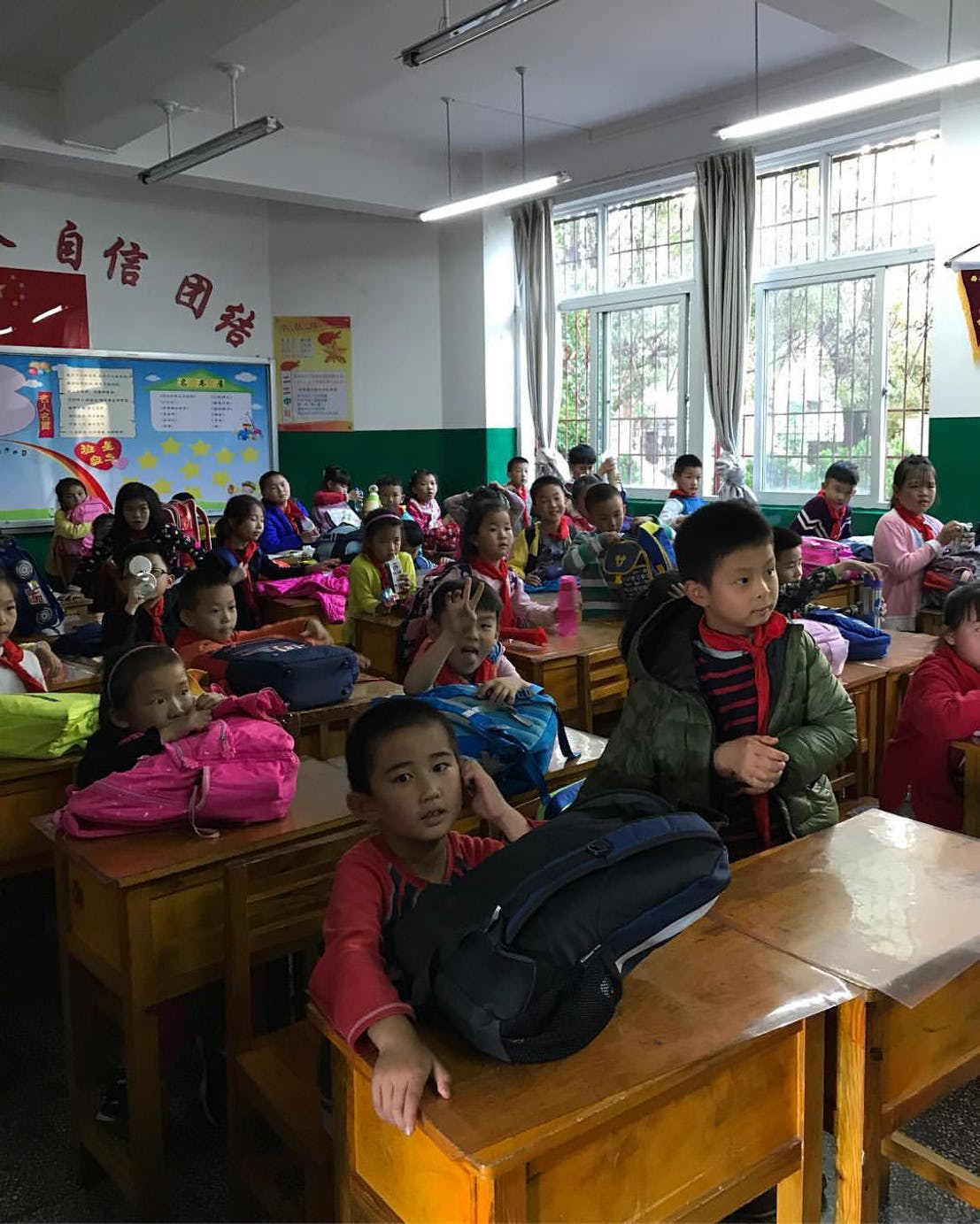
In an interview by Business Insider with Yan Mei, she explains that in China, it would be strange for a parent to cheer their child on and shower them with praise. The difference, she says, is not that parents in China don’t congratulate and root for their children’s success; rather, they encourage them to ‘do even better next time’ and work hard to exceed their own expectations. It’s not a perfectionist mindset but rather a way to keep children motivated and help them to keep their eyes on the goal. The pride is in watching their children exceed their previous selves rather than rising to anyone else’s standards.
19. FOR AN ONLY CHILD, THEY’RE TREATED LIKE ROYALTY
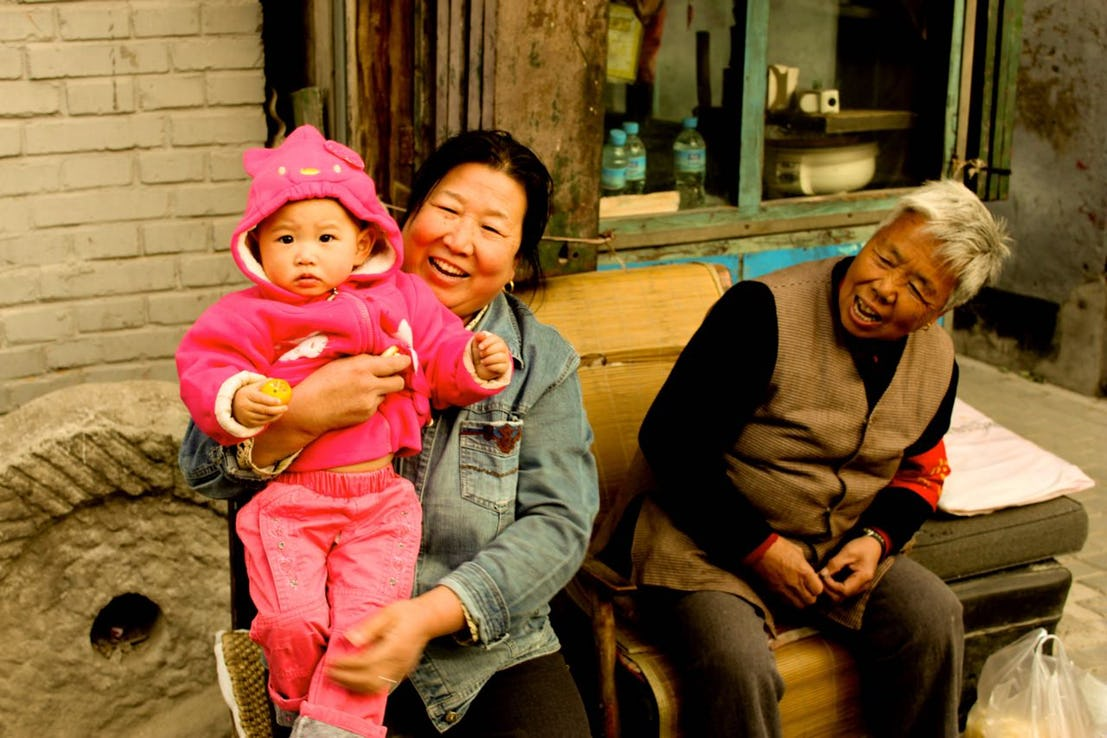
Being treated well in China is not the same as being spoiled in the US. Rather, the entire family is involved in a child’s life and all do their best to ensure a positive and happy childhood. Rather than shower him or her in gifts and attention, they push them toward greatness and make sure that their needs are always taken care of. Part of this stems from the one-child rule that was imposed in China, where one family is restricted to how many children they can have. This might seem a bit intrusive and unrealistic to those who live in the US, but it’s something China is known for.
18. ‘ANGEL HELPERS’ ARE ESSENTIALLY NANNIES, BUT BETTER
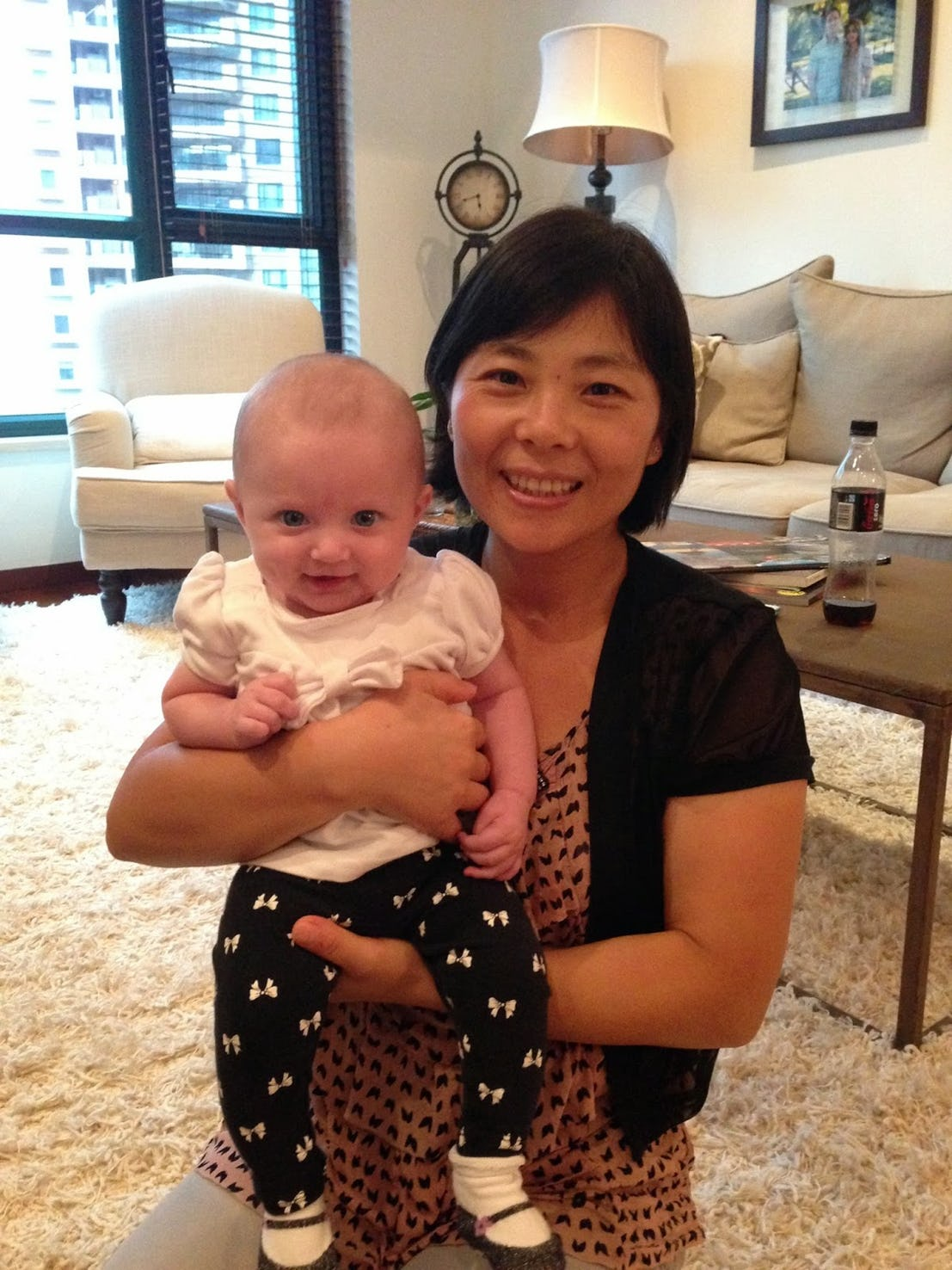
Many moms, including those who move to China and raise young children, are gifted with an ‘ayi’ which means ‘auntie’ in China. These women are essentially nanny superheroes and will help with anything a new mom needs. These ayi are part of the reason so many who move to China rave about childcare because they get the help that so many moms desperately need. A mom will have help with anything from cooking to alone time, as an ayi will happily take a child out of the house or watch him or her in order to allow mom to get some much-needed relaxation. She essentially becomes part of the family!
17. THERE ARE RESTRICTIONS ON HOW MANY CHILDREN A FAMILY CAN HAVE
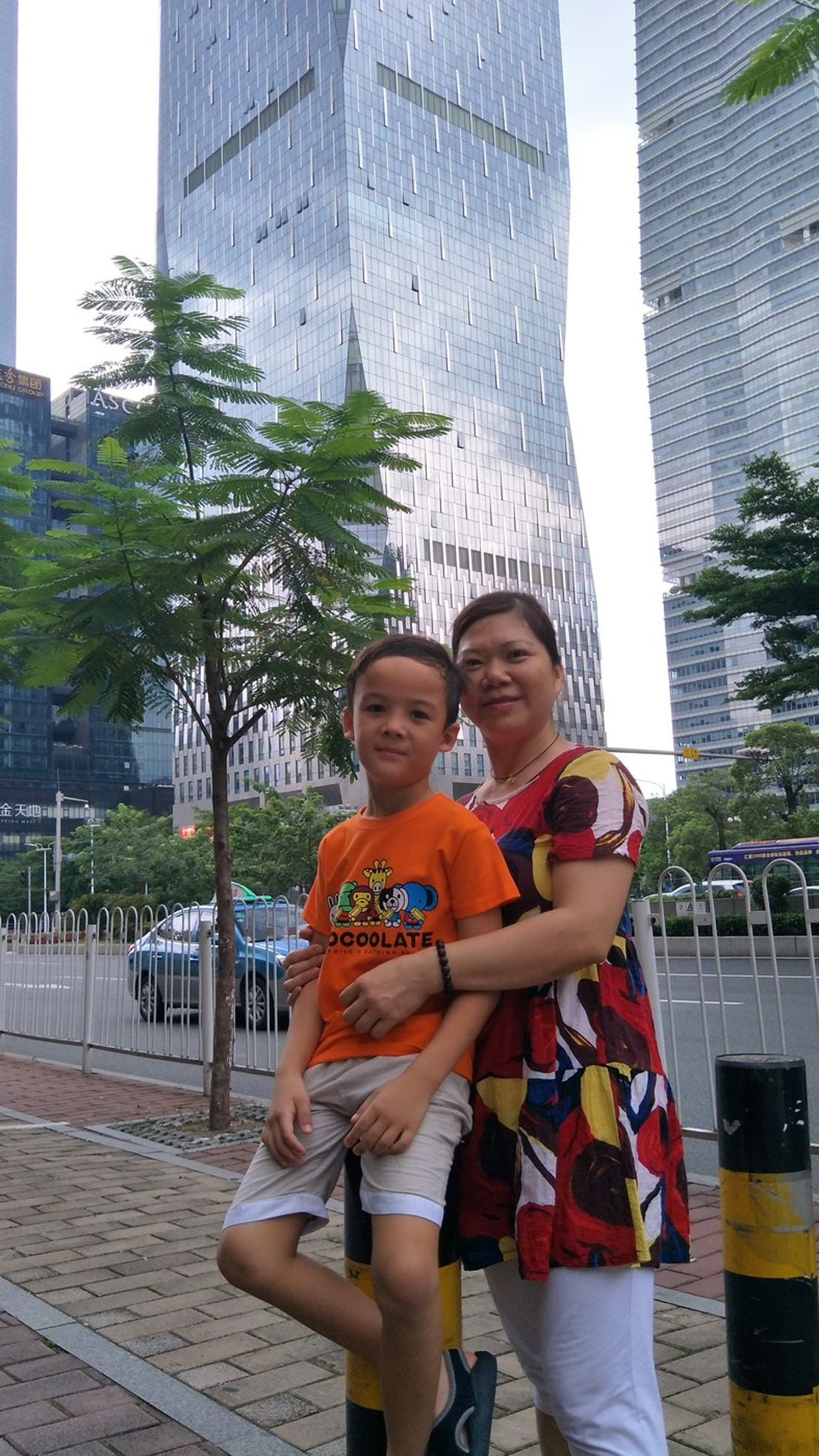
It can be a bit of a culture surprise when it comes to how many children each family is allowed to have in China. While the rule can change, each family is usually limited to no more than one or two children. This type of population control is a well-known fact about China and while we may have our own opinions on it, it’s just the way life works across the ocean. This explains why many kids do have such great home lives with their parents because they are treasured and seen as a true gift. Grandparents, aunts, uncles, and all other extended family members will do their best to help raise a child and guide them.
16. WHEN KIDS BECOME TEENS, THEY’RE RESPONSIBLE FOR THEMSELVES
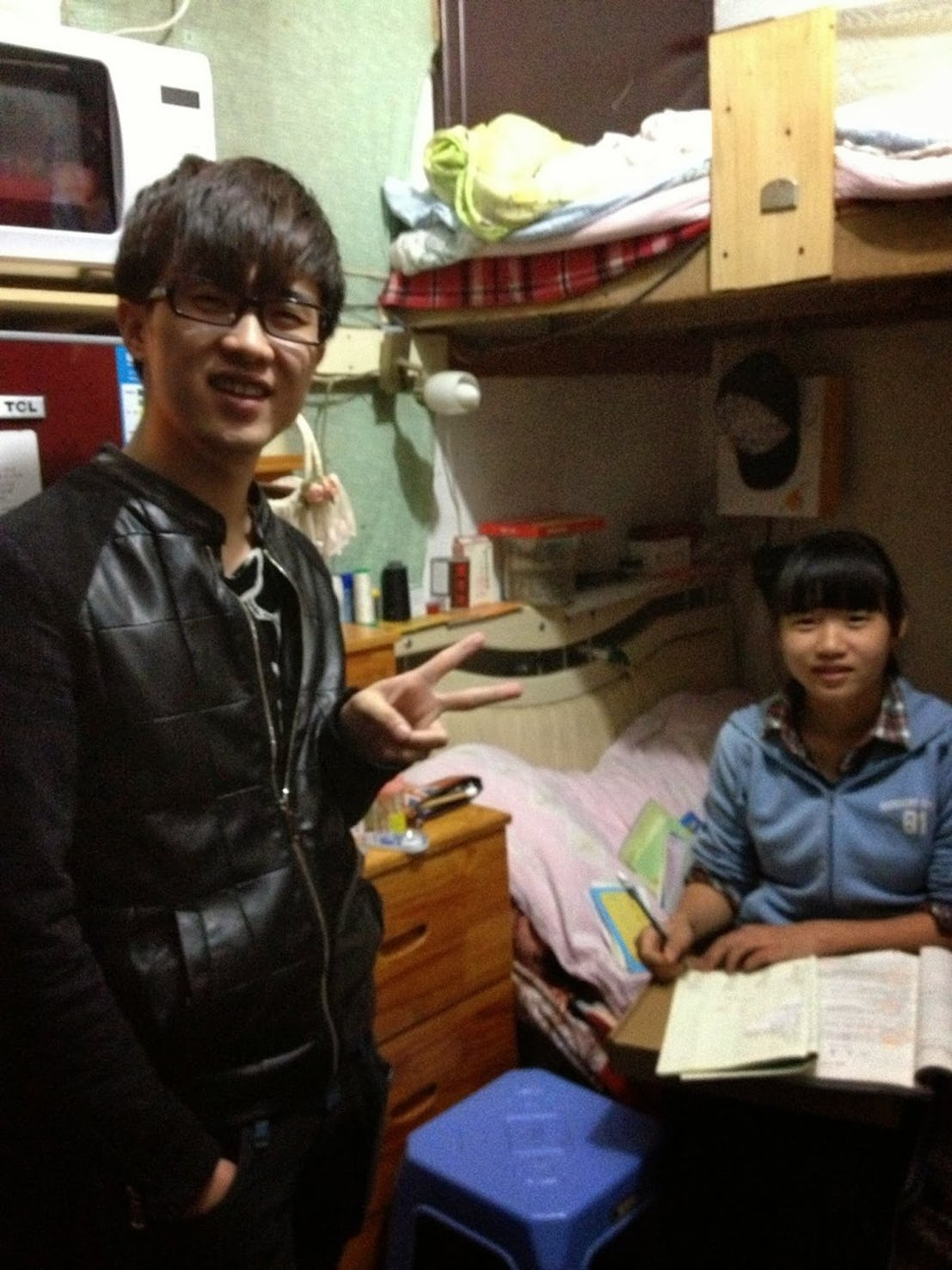
In China, while it might sound surprising, parents do let their teens walk around on their own and fill their time with school-related activities outside of the house and school. The reason so many parents are so comfortable with this is due to the low crime rate as far as kids and teens go. Parents don’t have much to worry about in populated areas and kids learn at a very young age to become responsible for themselves. According to the blog Cup of Jo, everyone simply loves children and that atmosphere creates a very safe environment to help foster and grow their independence.
15. THE STRUCTURE IN A CHILD’S HOME IS STRICTER
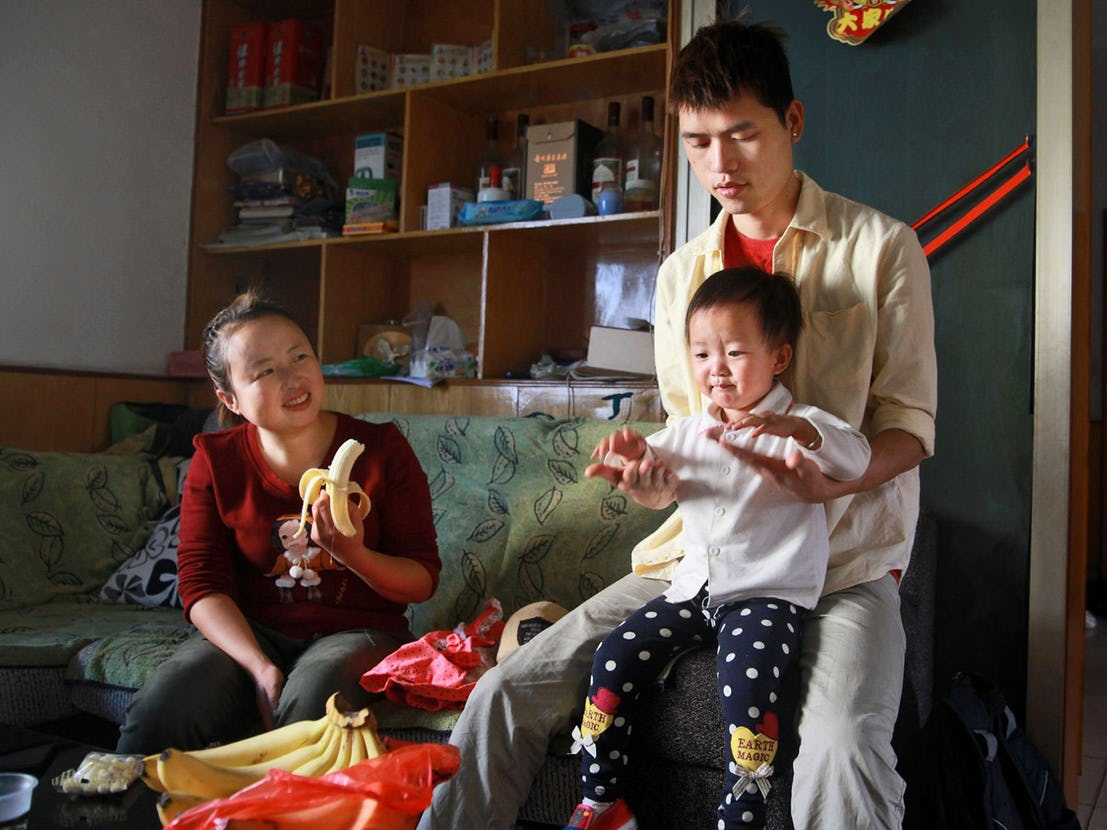
As opposed to the US where parents are more apt to allow their children to spread their wings and go about their own way (excluding helicopter parenting, of course), a typical household in China is far stricter. Parents maintain a fair level of control, encouraging children to commit time to their studies and to their futures. This also fosters a natural sense of responsibility and maturity that many kids in the US don’t necessarily reach until they’re out of high school. In stark contrast, kids in the US tend to remain home through their school days and well into college until they’re out on their own with a job and home of their own.
14. EXPECTATIONS ARE SET AT A CERTAIN STANDARD
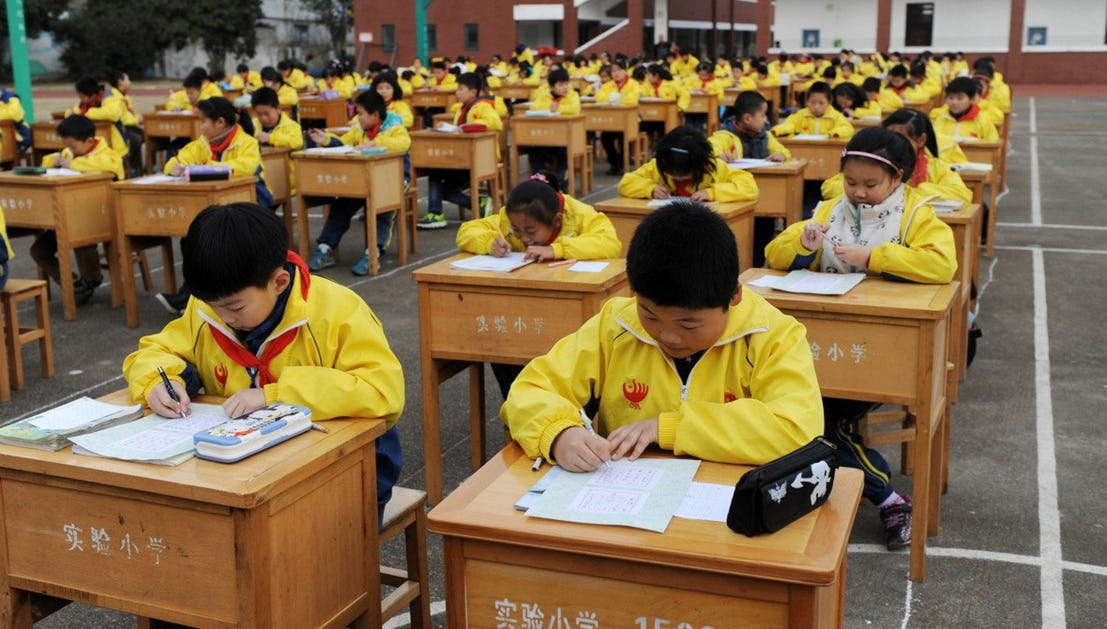
It’s fairly common knowledge that in China, parents will push their children to achieve greatness. However, there are other traits that they hold in high value, including their responsibilities to their family as well as to other people. Respect is something that’s sacred and is taught at a very young age, which is then translated well when they begin attending grade school. Parents in China work hard to give their children the best life possible and expect them to treasure it on their path to success; according to Yan Mei, it’s rare if a child growing up in China doesn’t hear, ‘I do it all for you!’
13. THERE ARE NO PLAYDATES, KIDS SOCIALIZE ON THEIR OWN
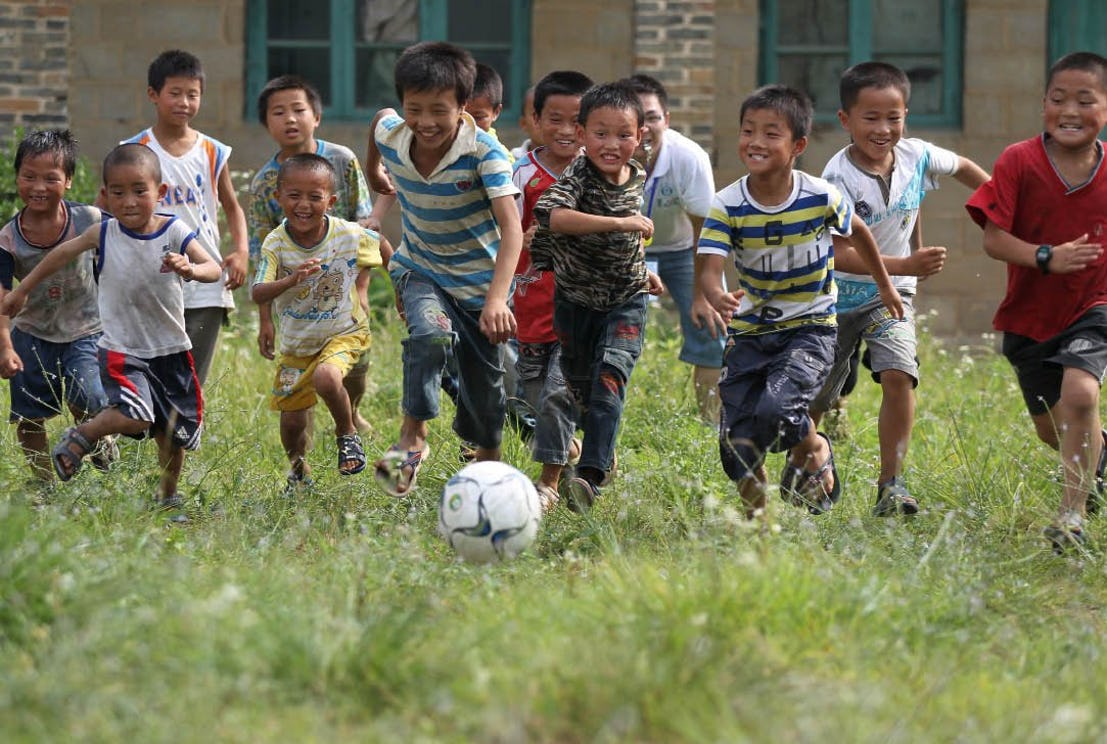
Unlike playdates in the US, parents in China view social interactions a bit differently. Rather than being fully involved in their child’s friend circle, once again, children are expected to view it as their own responsibility to make friends. This isn’t intended in an ignorant way, but rather a parent sees it as allowing their children to make their own decisions when it comes to who their friends are. Rather than make friends for them, they’ll encourage social interactions based on a child’s comfort level rather than something prearranged. They encourage positive friendships that are initiated by their children’s common interests rather than something forced.
12. DIAPERS AREN’T ALWAYS A NECESSITY AND IT CAN GET A BIT… INTERESTING
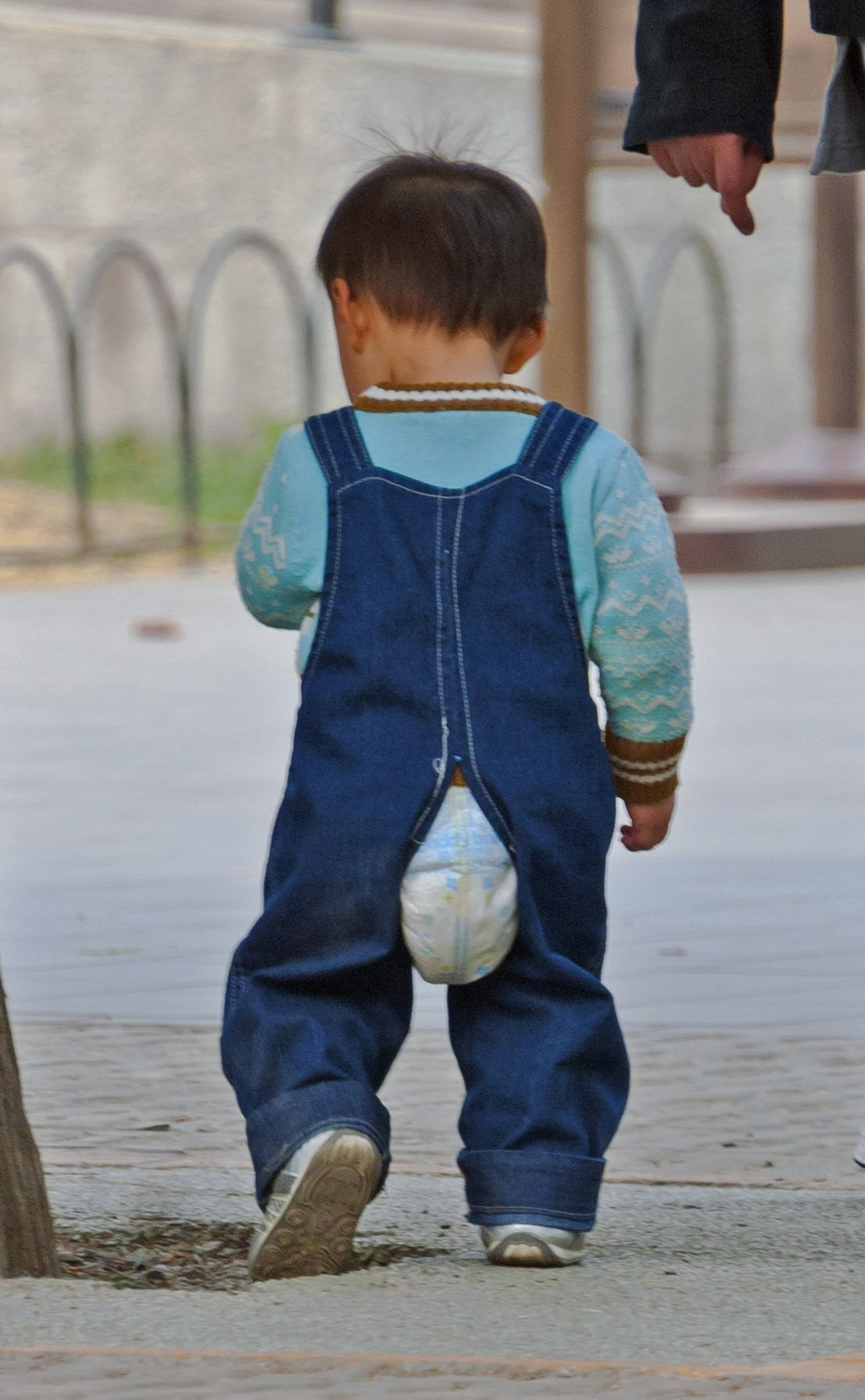
China is known for having just a bit of a pollution problem and while that’s true, it doesn’t mean the country as a whole is unsanitary. However, there are some strange allowances when it comes to kids and potty training, as in, well, there really isn’t any method for it. Rather than put diapers on their kids and consciously train them to use the bathroom, toddlers have pants that have holes in the bum. These pants, simply put, make it easier for kids to just go to the bathroom wherever rather than going in diapers that would then need to be changed and thrown out. It sounds totally gross, but it seems that toddlers learn how to use the bathroom much faster this way. It’s just not something we’re sure we could get used to…
11. IN THE US, BABIES RARELY WEAR SHOES, IN CHINA, THEY DON’T GO WITHOUT
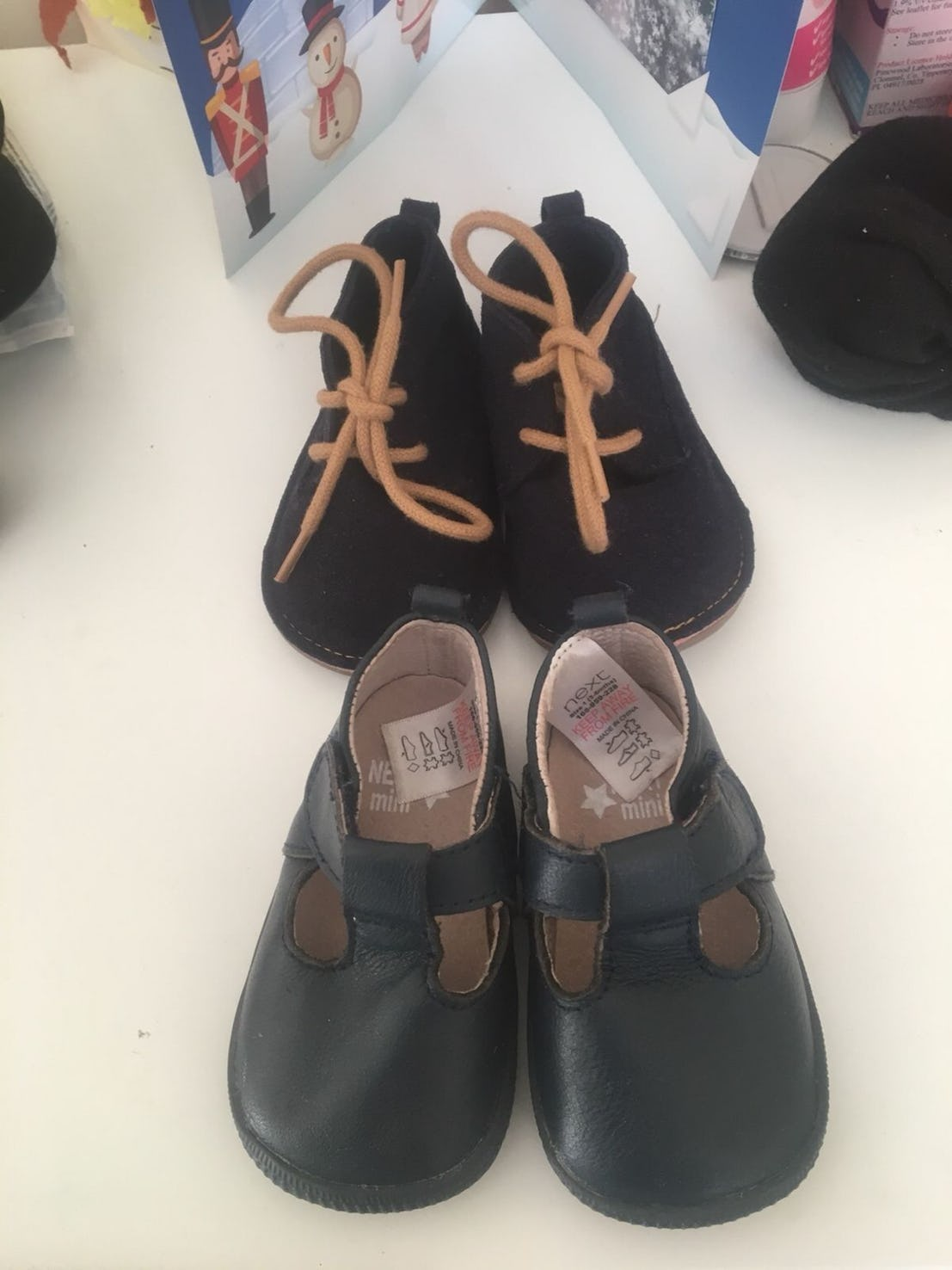
It’s an ongoing joke in the US that baby shoes are a waste of a gift to new mothers, but that’s not the case in China. In China, it’s actually rare to find a child who goes without shoes. There, it’s believed that much of a person’s heat escapes through their feet. This is why babies and kids will always be seen wearing shoes. At the very least, they’ll be wearing some types of slippers or socks in order to keep their feet warm. In fact, it’s common knowledge that babies are always bundled up year-round because the goal, above anything else, is to keep their warmth in rather than allowing it to escape.
10. CLASSES ARE TAUGHT IN BOTH ENGLISH AND IN THE AREA’S NATIVE LANGUAGE
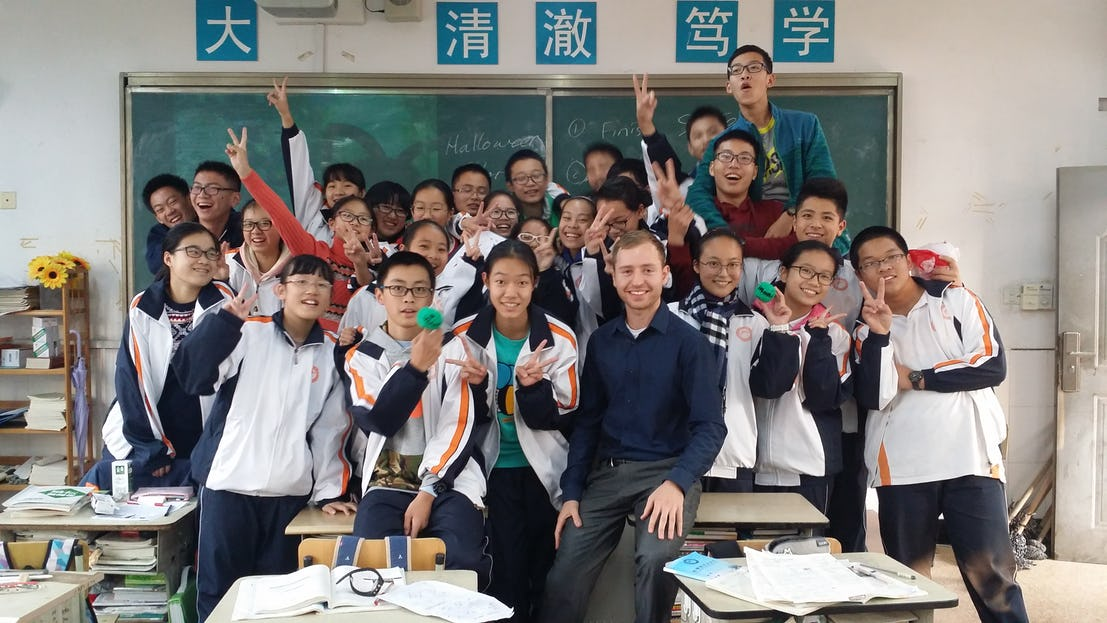
Yet another thing that children in China have access to is multiple languages. Since the English language is accepted worldwide, it’s not uncommon to have it taught in schools around the world. This is especially good news for kids who end up moving to China and don’t yet understand the language. It also helps to prevent a language barrier that could prevent kids from interacting and learning a new curriculum. While it’s possible that not every school will have this option, or even that the options will be limited, more often than not, there will be teachers who speak English and are bilingual.
9. SCHOOL UNIFORMS EXIST, BUT FASHION IS A PERSONAL STATEMENT
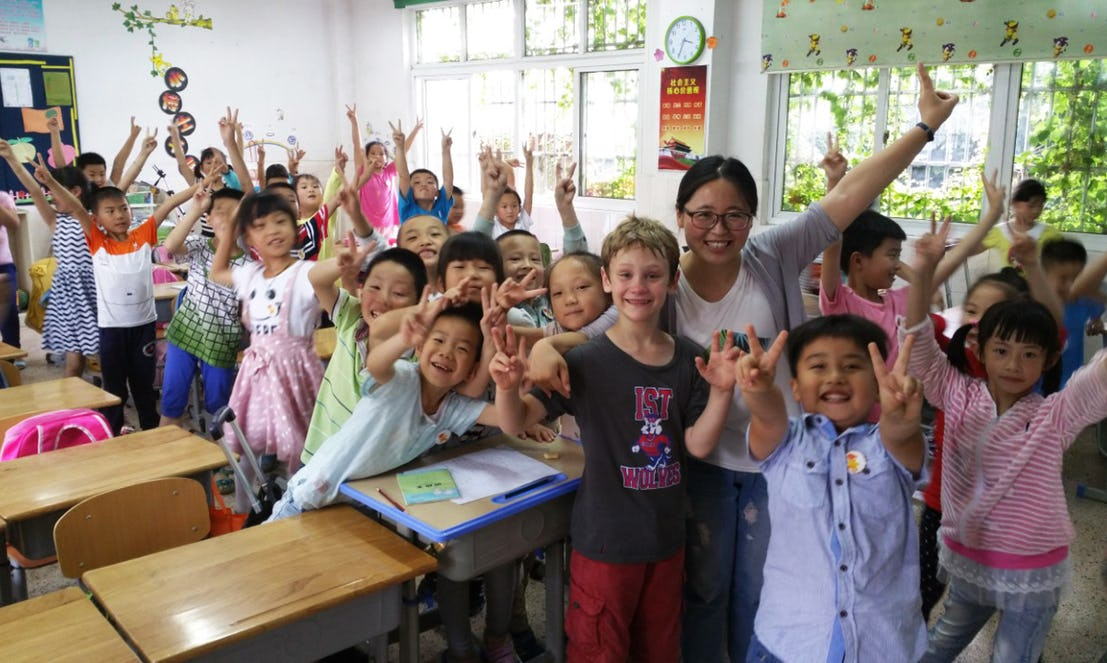
The main theme in China seems to be responsibility and independence, and these both shine through when it comes to personal style as well. While clothing should be respectful, it’s also a fun way to allow a child to be themselves. Some schools will require uniforms for the same reasons any school will, especially in the cities. When kids get older, they begin to take on their own fashion responsibility and that’s something that many tourists love about the country. The unique sense of fashion is something that keeps things interesting and allows teens to express themselves with little restriction.
8. THE ENTIRE FAMILY IS INVOLVED IN RAISING A CHILD
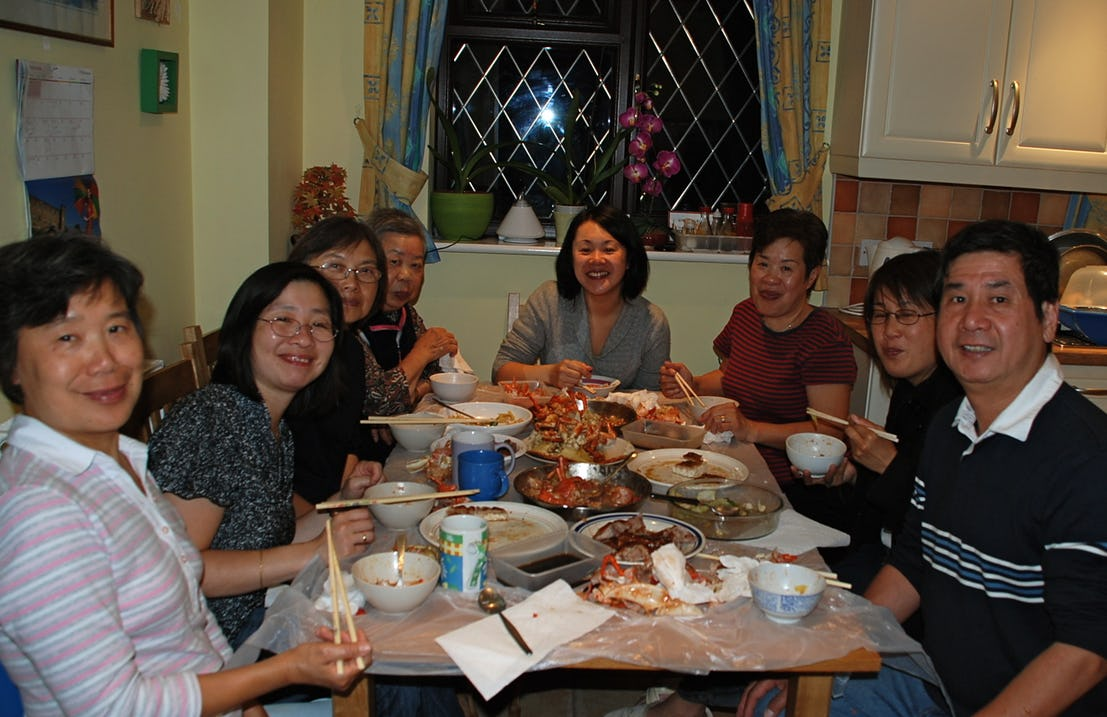
Grandparents, especially, don’t hesitate when it comes to helping to raise a child. While a family might have access to an ayi, a child’s extended family will still be very much part of his or her life. They’ll never be far behind a child’s parents and will pass down the traditions and customs they know in order to guide a child to be the best they can. This is also how a child learns to respect and helps develop a sense of strong family commitment. All family values and expectations will be passed down to a child, but so will all the love and affection that come with having such a large family to help out.
7. CONFINEMENT IS A LONG-PRACTICED TRADITION
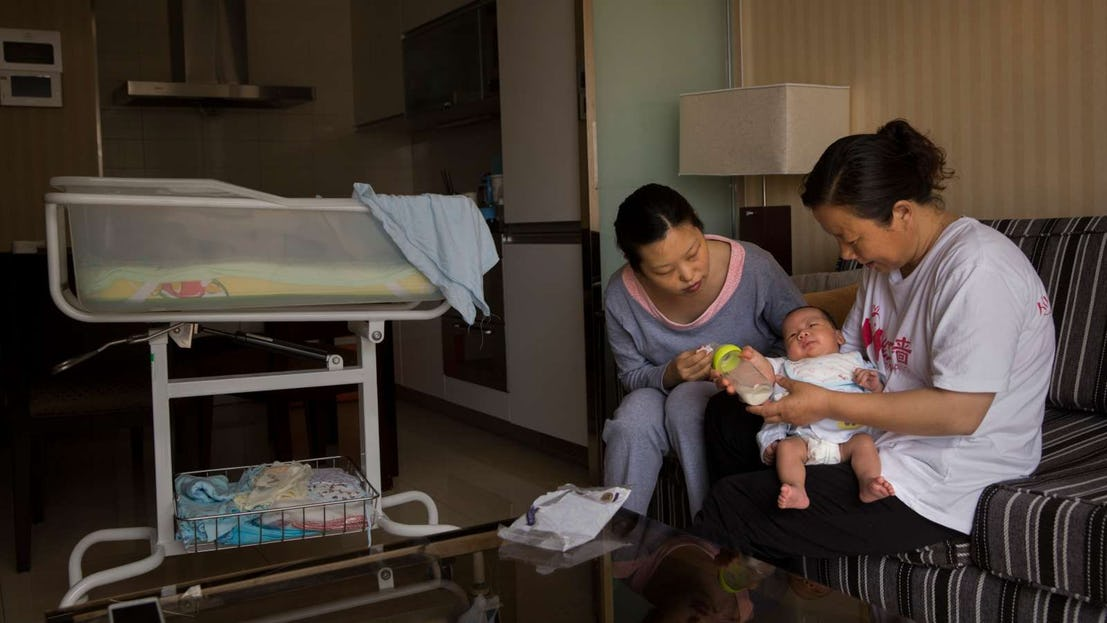
It might be tough for us here in the US to wrap our heads around the idea of confinement, but it’s not nearly as harsh as it sounds. Rather, confinement is a way for new moms to get the rest that they need after a long nine months. The goal here is to expose a new mom to other new moms but to also take the pressure off her immediately after having her baby. Confinement usually lasts one month and during that month, a new mom will be able to recover fully from both pregnancy and the labor which follows. She’ll return home recuperated and well enough to be the best mom she can be, with help from her family, of course.
6. BABIES WILL ALWAYS BE WEARING LAYERS
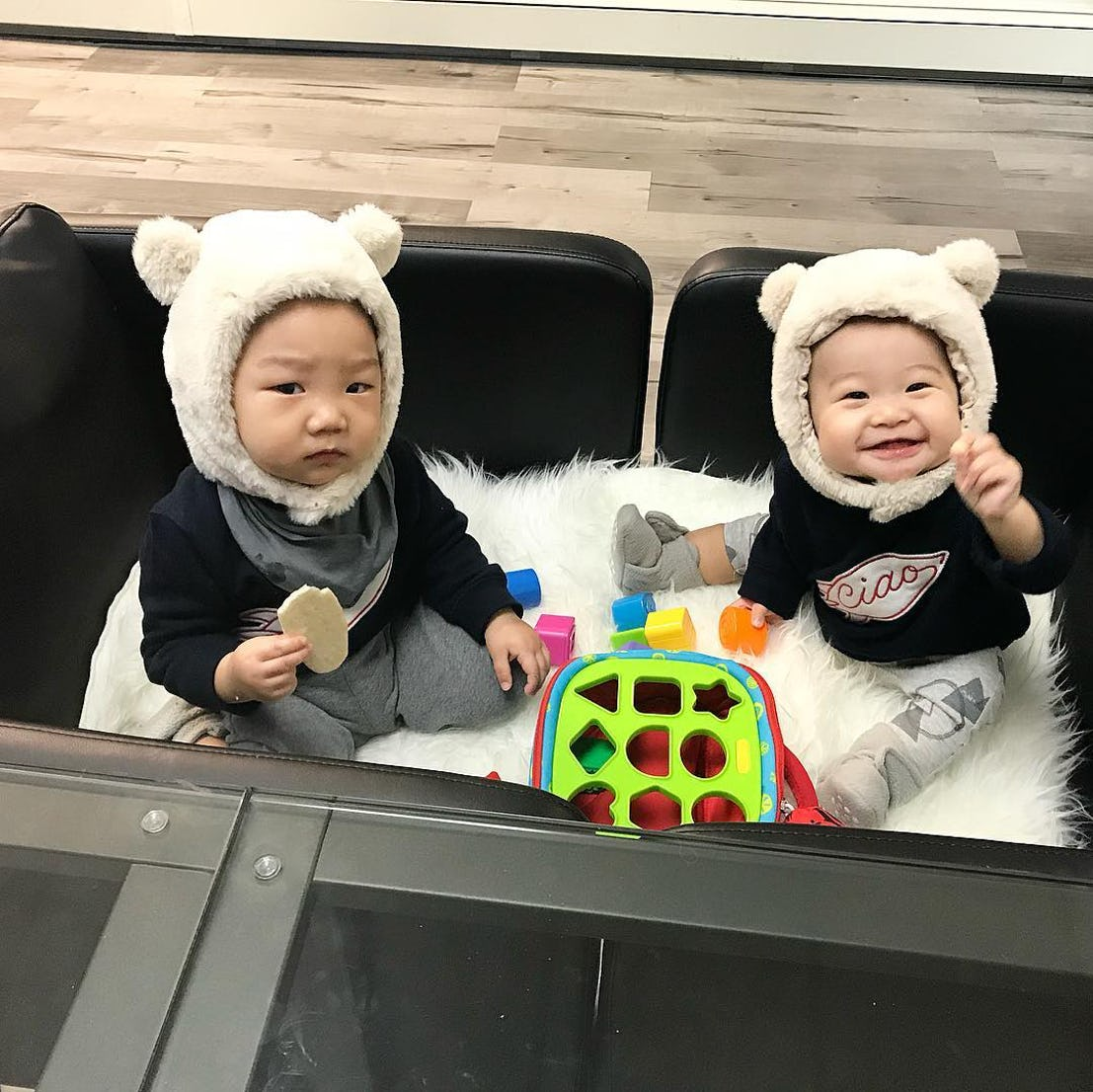
If you’re a parent raising a child in China, you’d better be ready to bundle them up! While it’s not always the case that children will be so covered in layers by the time the hotter months roll around, this is a common practice. It’s just something that’s part of the local culture. Parents are known for dressing young children in layers, complete with shoes or some type of coverings for their feet. The main goal of this is to ensure that they’re warm and prevent them from getting cold or sick. Since the goal is to maintain as much natural heat as possible, parents have no hesitation when it comes to light layers.
5. THERE ARE PARKS AND PONDS RESERVED FOR OUTDOOR ACTIVITIES, EVEN IN CITIES
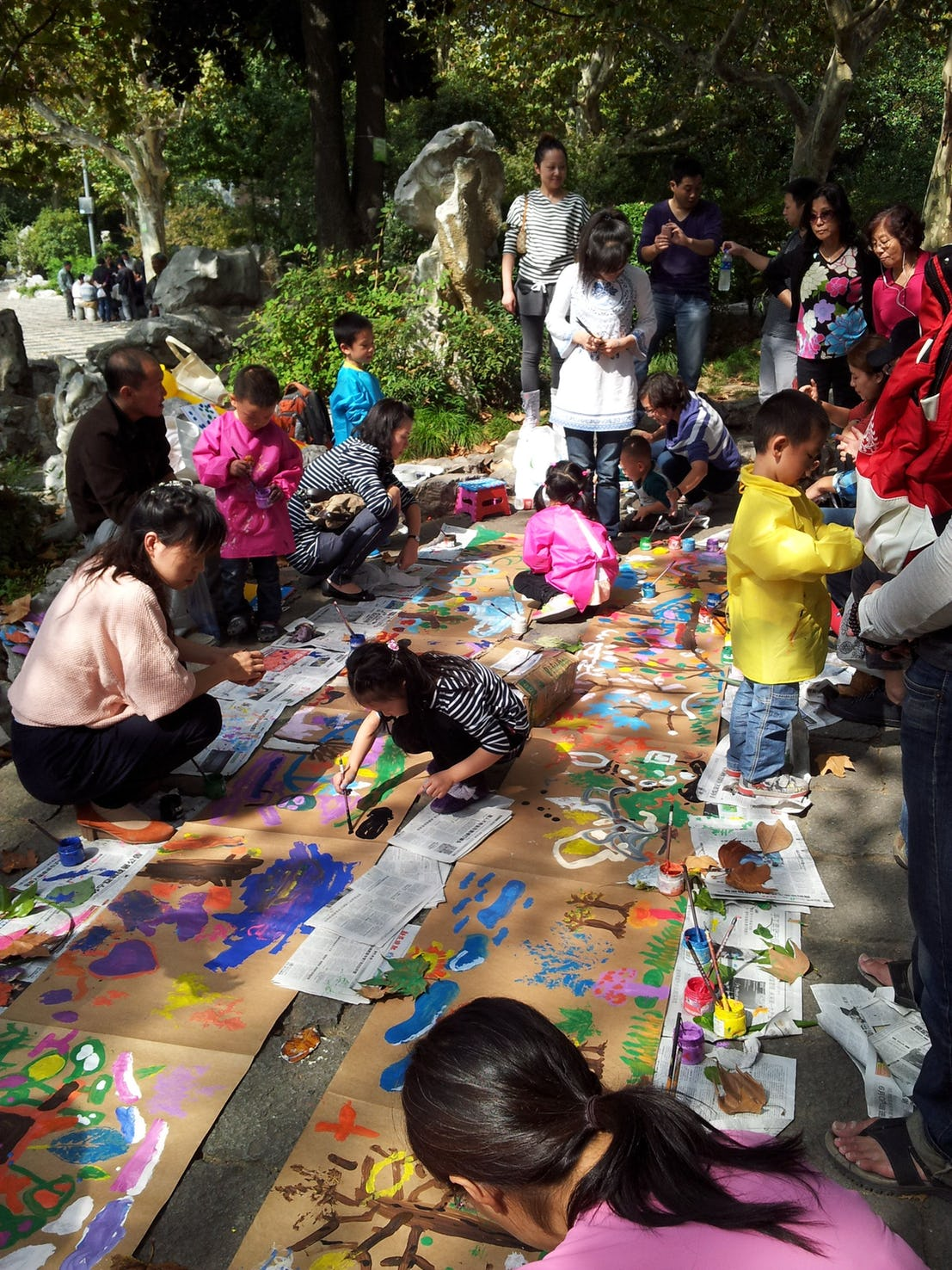
Just as Central Park exists in the middle of New York City, China, too, has its parks that are kept specifically for outdoor activities. Children will go to parks with their classes or friends and have complete freedom to engage in whichever activities they enjoy. In the photo above, a class in China is seen painting in the middle of a park, which is a fairly common occurrence. Parks are reserved for any and all outdoor activities, whether it be something artistic and solitary or something active and in a group. They’re open to all people and, unlike in the US, are rarely closed off or used for exclusive events.
4. PERSONAL HYGIENE IS IMPORTANT BECAUSE OF THE AIR POLLUTION
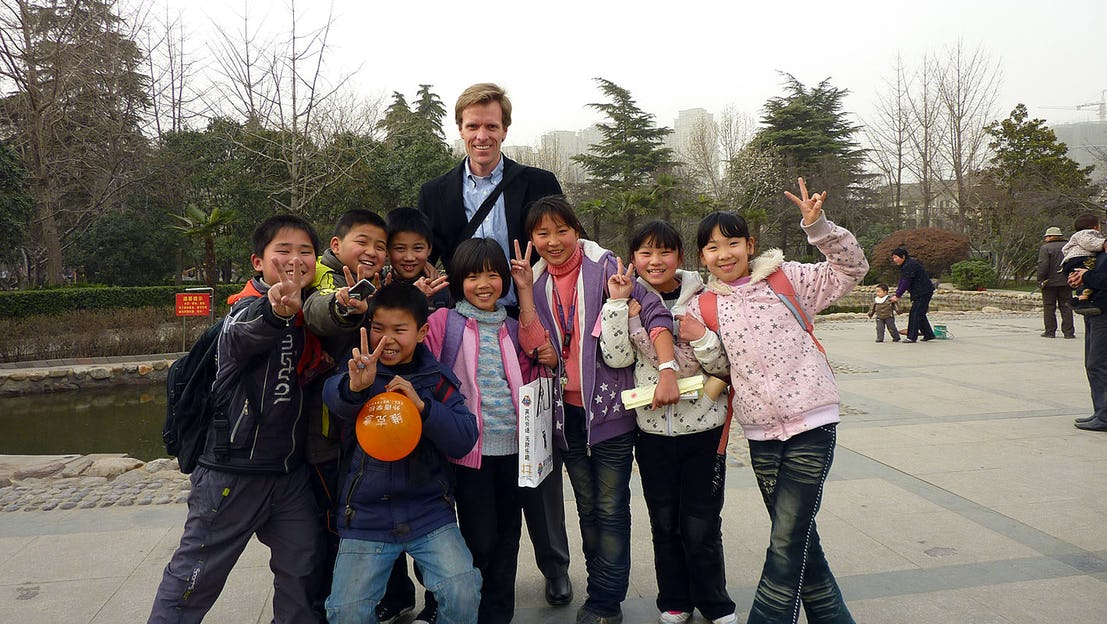
Since China does see some pretty smoggy days, personal hygiene is very important. This is interesting because of the fact that, as stated before with the bum-less pants, the streets in China are not the cleanest. While this is not true in every part of the country, when it comes to being out in public, hygiene is important on a personal level but not so much on a public, out-on-the-town level. Many people resort to things such as facials and dermatologist appointments routinely just to expel toxins out of the skin and keep themselves looking healthy and, well, clean.
3. EVERYONE IS KIND TO EACH OTHER, AND THEY ALL LOVE KIDS
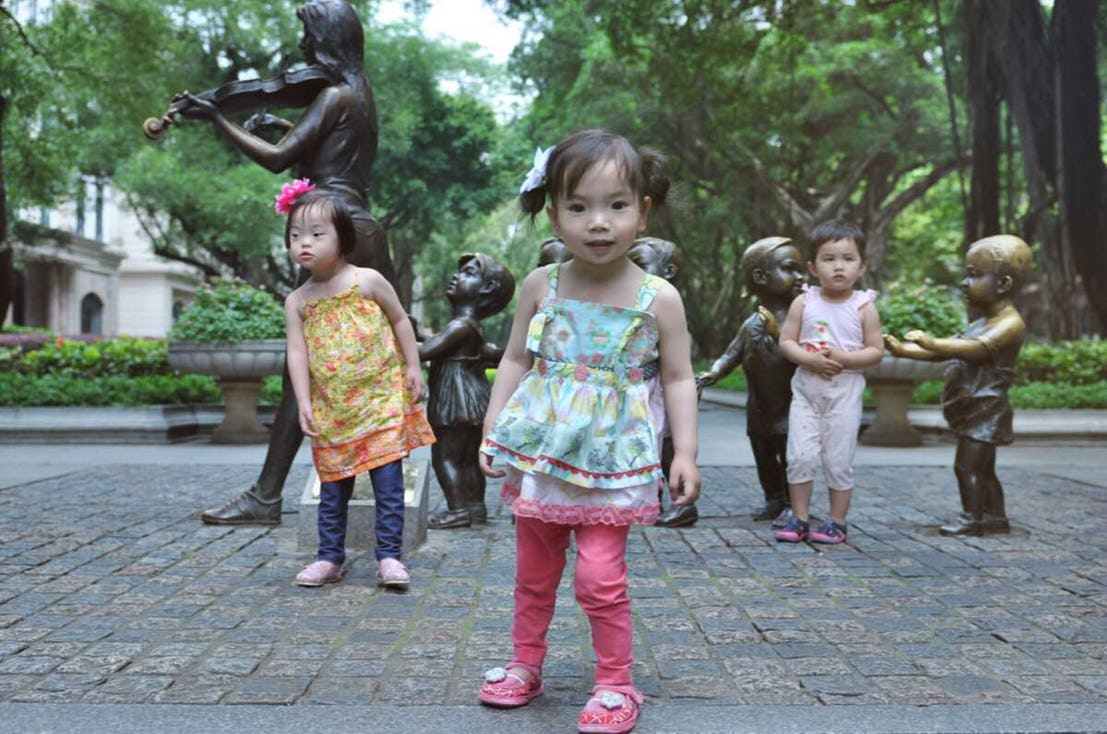
Surprisingly, China has a relatively low crime rate when it comes to children and their safety. Parents don’t seem to have many hesitations when it comes to allowing their children to head out into the city as teens or to the park as kids. For starters, there are always other people around so there’s always someone to keep an eye out. Secondly, everyone in China simply loves kids! According to Cup of Jo, it’s actually surprising for those who move to China from the US to see how welcome and loved children are amongst the general population. Not that kids aren’t loved in the US, but it’s certainly not the same.
2. THE SIDEWALKS AREN’T SUPER CLEAN, BUT THEY DON’T SEEM TO MIND
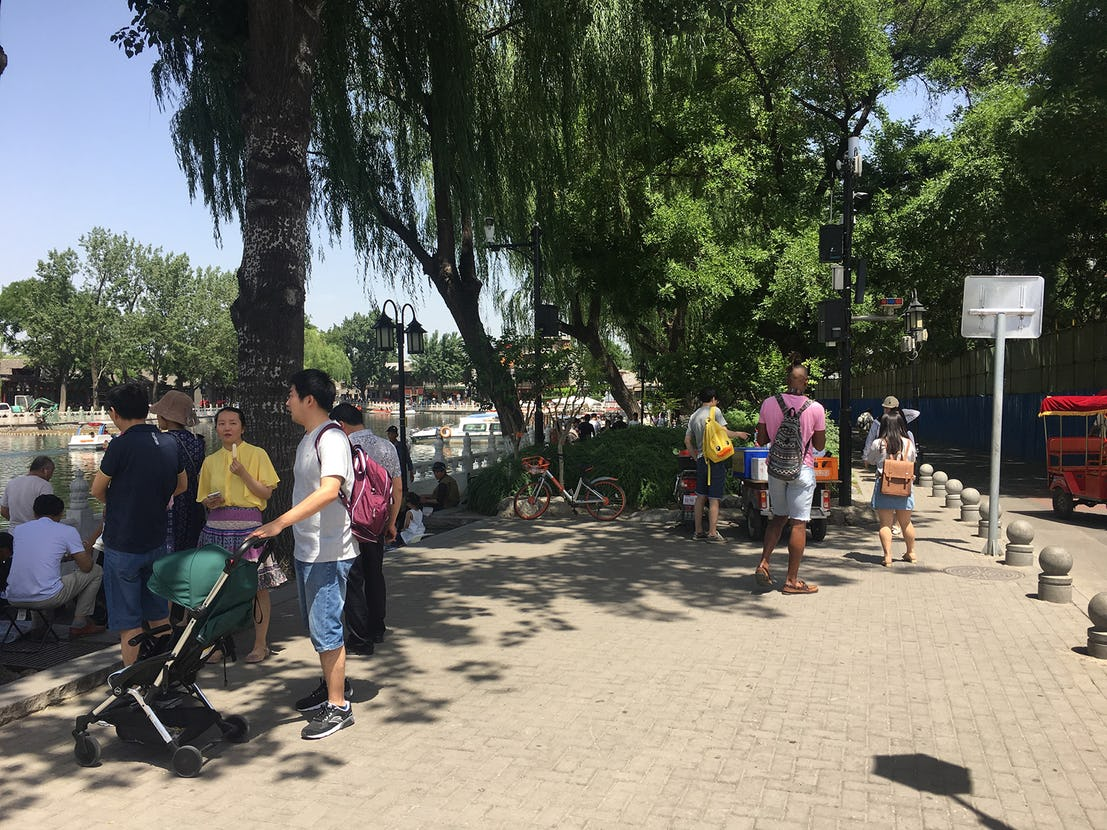
It’s an unpleasant truth… Not every street in China is spotless. The country is known for having a pollution problem as well as a cleanliness problem and while it doesn’t affect natives too much, it is a bit surprising to those visiting the country. For the most part, children wear pants that allow them to use the bathroom wherever they squat, making navigation a bit tricky. Additionally, no one worries too much about cleaning up after their dogs if they happen to be walking them, making the streets a bit hazardous at times in addition to unclean. Kids grow up learning how to deal with it though, just as with anything else.
1. A PARENT’S BIGGEST CONCERN IS THEIR CHILD’S SUCCESS
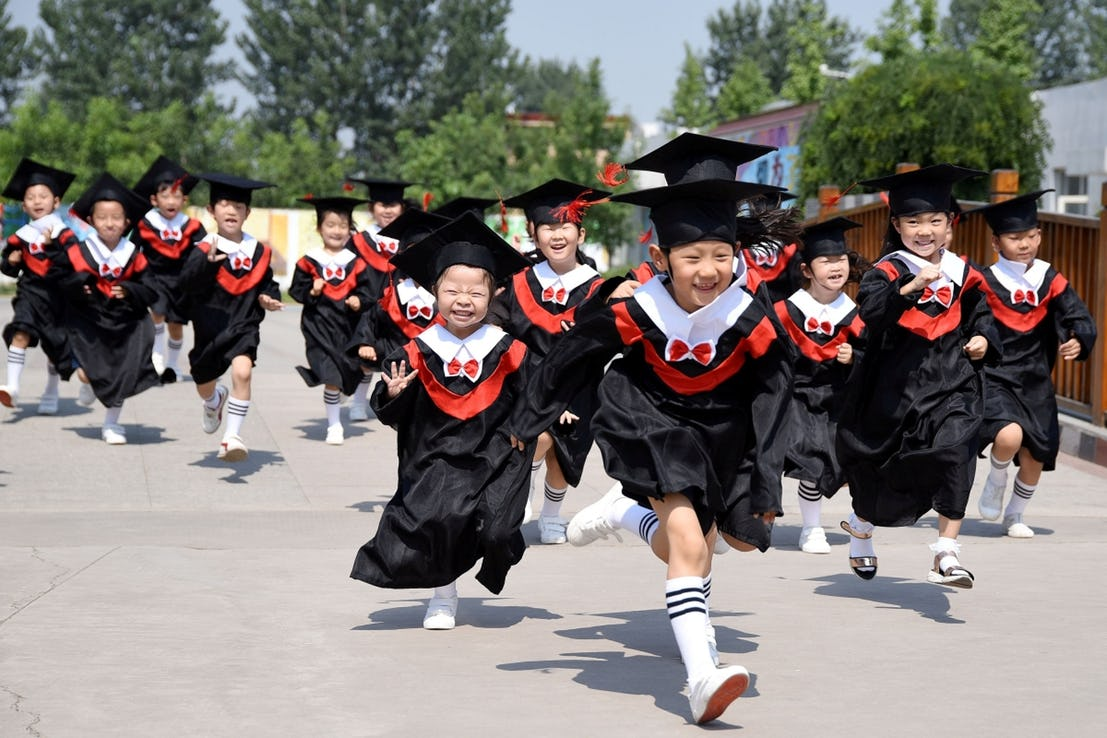
When it comes down to it, a parent’s biggest concern is absolutely the success of their child. Although the customs between the US and China differ entirely, the one common thread is how much a parent cares for their kids. In China, these values are strongly upheld and continue to be highly valued to this day. A child is seen as a new light in a parent’s life and a way to continue their legacy. A parent works hard in order to provide their child with a great life and in China, it’s expected that their child makes the best of it and be the very best they can to continue the tradition.


